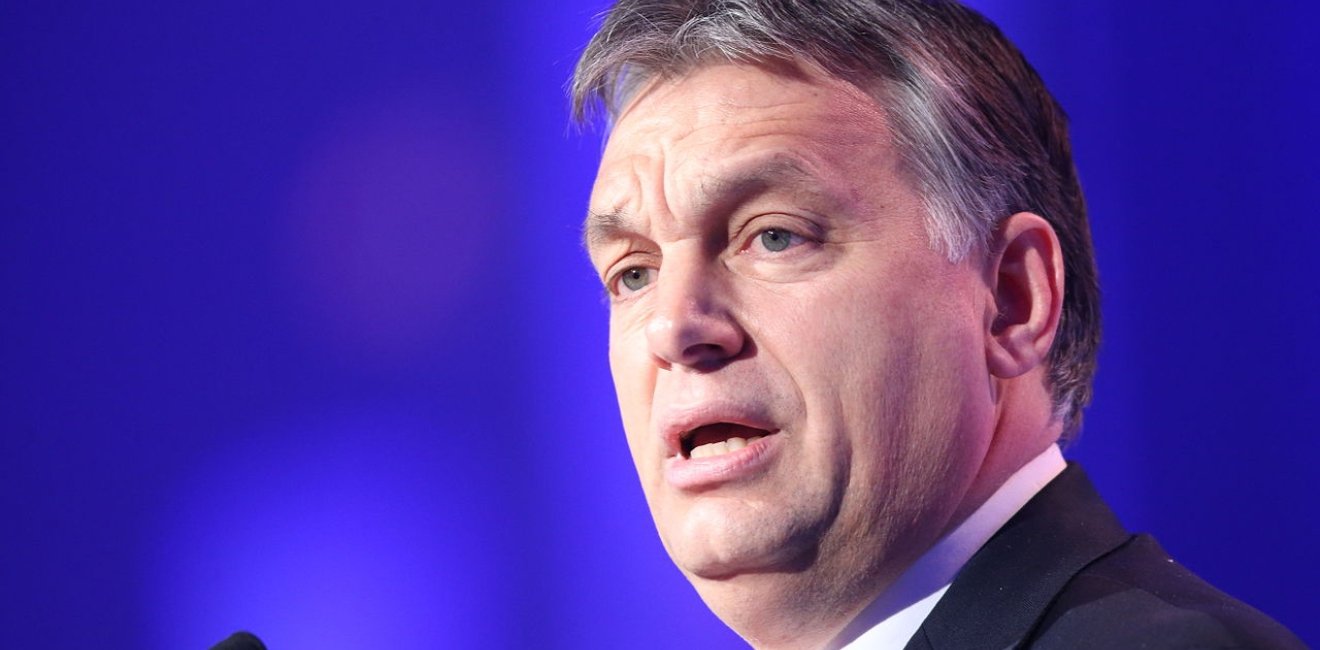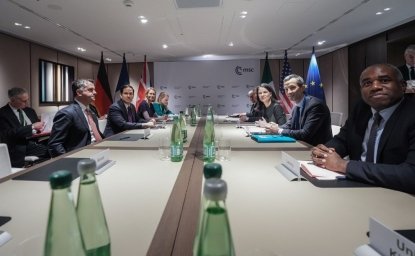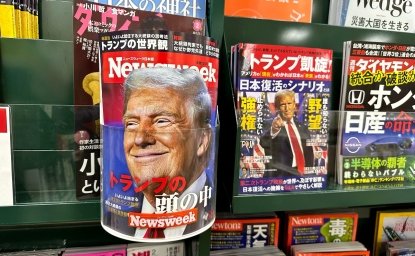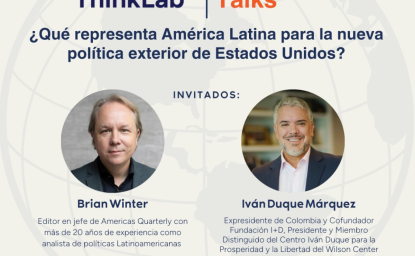Transnational political campaigns are increasingly frequent in Europe since national parties collaborate with their ideological kin through “party families” of the European Parliament. But it is rather unusual that a NATO member’s head of government openly endorses one of the American presidential candidates over the other. And that is precisely what happened on July 25: Hungarian Prime Minister Viktor Orbán endorsed Donald J. Trump for President – just two days after the conclusion of the Republican National Convention and two days before the opening of the Democrats’ event.
He is the first, and, to date, the only head of foreign state or government to do so, although some lesser politicians world-wide have given voice to similar sentiments. Most notorious among them is Slobodan Milošević’s one-time deputy prime minister, former war-crime defendant at the Hague Tribunal (acquitted, pending appeal), Serbian ultranationalist member of parliament and devoted Russophile Vojislav Šešelj.
Orbán’s endorsement came at an annual public retreat of his party elite and allies, combined with a youth festival, attended by thousands of Hungarians from all over the Carpathian Basin, and held in Tusnádfürdő (Băile Tușnad) in Romania. (The ethnic Hungarian majority area had, until 1920, belonged to the Austro-Hungarian Empire, but Orbán’s lapsus linguae placed it “in Hungary” of today.) It is the same event and place where two years ago Orbán declared his goal of building illiberal democracy, and quoted Russia and Turkey, among others, as best examples for “success-oriented” regimes.
This year the Hungarian Government continues to reject asylum seekers and build the border fence toward Serbia, Croatia, and even Romania while fighting Union attempts to voluntarily resettle refugees from frontline states. This struggle includes an incomprehensive “Referendum against Compulsory Immigration,” scheduled for October 2016 by the Government, to ask voters (including those ethnic Hungarians in neighboring countries who have become naturalized citizens under a 2010 law): “Do you want the European Union to be able to prescribe, even without the assent of the [Hungarian] Parliament, the compulsory settlement of non-Hungarian citizens in Hungary?”
While Western alliances, NATO and the European Union, clearly have bigger problems than a mid-size ally’s discordant rhetoric, it is important to recognize that such views do have significant impact on the public, which, similarly to parts of the American electorate, feels neglected, cheated, and left behind by Western elites.
Although Mr. Orbán has made referendum initiatives exceptionally difficult to submit by anyone else but the Government, the formulation of this question does not make sense in several ways. Hungarian law requires that referenda issues have clear legal consequences whereas this question – and the anticipated outcome of overwhelming “Nos” – will have no legal relevance since a single member state’s electorate cannot change the rules of the Union. But Mr. Orbán has been engaged in anti-EU “freedom fight” ever since he came back to power in 2010, so rallying the public against Union efforts makes political sense in strengthening his position vis-à-vis the Brussels leadership he so relentlessly criticizes, demanding the “return of sovereignty” to the nation states.
His staunch anti-refugee, anti-immigration position is most likely the main trigger of Orbán’s endorsement of Mr. Trump: “I am not Donald Trump’s surrogate, and I had never imagined the thought would occur to me that, from among the available choices, he would be the best for Europe and Hungary […] But I have listened to this candidate, and I must tell you that he offered three suggestions for stopping terrorism. I, as a European, could hardly formulate it better what is needed for Europe.”
While Orbán’s allies applauded mid-sentence, the otherwise weak and disunited Hungarian opposition abhors such thoughts, and points out that the endorsement came precisely at the worst possible moment: Just a few days after Mr. Trump hinted at not defending NATO allies against a potential Russian aggression unless they pay their fair share (Hungary is far behind the two per cent defense spending), and on the very day suspicions arose that Russian state-supported hackers stole DNC correspondence and, by releasing damaging messages, helped undermine the Democratic nomination process while plumping for the Republican nominee’s cause who has spoken favorably about Vladimir Putin’s leadership – and was praised by the Russian leader in return.
Mr. Orbán, however, has another incentive to root against Hillary Clinton. Even though Secretary of State Clinton received and lavishly praised her Hungarian counterpart just a few weeks after the 2010 inauguration of the Orbán Government, her aides later firmly criticized numerous acts of that government as it started dismantling a once-exemplary liberal democratic system by creating a new constitution requiring dozens of future laws to be passed by hard-to-achieve supermajorities, packing the Constitutional Court with its own judges, purging public-service media of dissenting journalists, rewriting electoral laws to cement themselves in power (“for ten mandates” as Mr. Orbán openly admitted), and even deny tax-exempt status for dozens of “non-historic” churches – including the Hungarian counterpart of Mrs. Clinton’s Methodist Church. Bill Clinton and Barack Obama later joined critics of Mr. Orbán’s policies, so he has understandable reasons to dislike, or even fear, a new Clinton Administration.
The "decline of America and the West” is a favorite topos in Viktor Orbán’s speeches, thus his views often coincide with Russian Eurasianist attempts to demonize the West and build a “new center” for the continent – in Moscow, no less. While Western alliances, NATO and the European Union, clearly have bigger problems than a mid-size ally’s discordant rhetoric, it is important to recognize that such views do have significant impact on the public, which, similarly to parts of the American electorate, feels neglected, cheated, and left behind by Western elites. When Mr. Orbán intimates that his “straight-forward” words are “prohibited” in Western discourse, it generates a public frame of mind in Hungary, and wider in East European societies, that fuels fear or resentment, and is not conducive to successful cooperation, value-sharing, and solidarity.
The opinions expressed here are solely those of the author.






